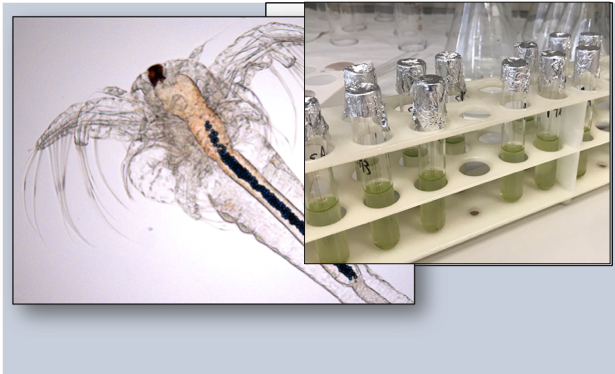Currently, contamination by plastics is one of the main threats to marine ecosystems, as they are the most widely used materials. Although it is known that aquatic organisms can be affected at various levels, there is still little knowledge about the impact of microplastics in these environments. This proposal aims to highlight the ingestion of microplastics by aquatic model organisms showing live imaging and microscopy techniques and related experimental procedures in crustaceans and teleosts, which are useful to highlight direct and indirect ingestion of microplastics. This will help raise awareness of the plastic issue in aquatic environment.
Calendar
July 2025
Jul 10 2025
Mind the Lab
Serres
No event found!


